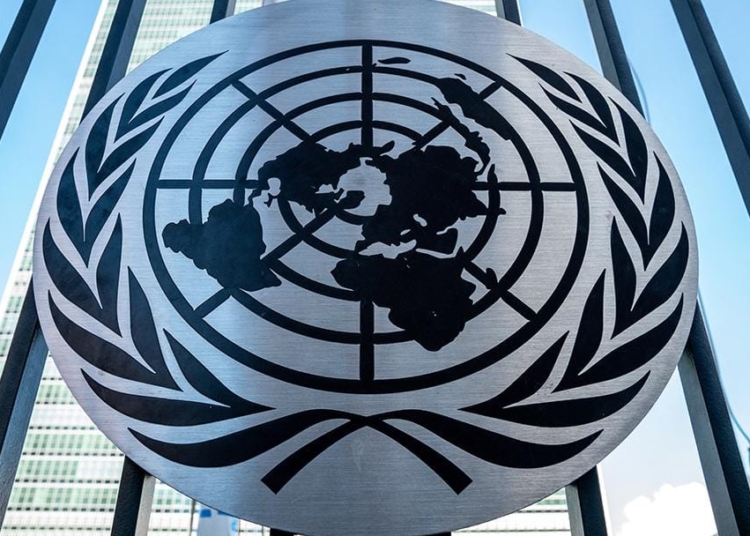This content discusses the art of counterterrorism operations, exploring expert opinions and analysis on the complexities and challenges of combating terrorism. It emphasizes the importance of intelligence gathering and analysis in understanding terrorist threats and the need for effective coordination and information sharing among multiple agencies. The content also examines the delicate balance between national security and civil liberties, as well as the technological advancements that can enhance counterterrorism efforts. Additionally, it highlights the need for adaptability and continuous reassessment of strategies in response to the unpredictable nature of terrorism. Overall, the content provides insights to help governments and security agencies improve their counterterrorism measures.
The Art of Counterterrorism Operations: Expert Opinions and Analysis
Introduction
Counterterrorism operations have become an integral part of national security strategies around the world. As the threat of terrorism continues to evolve and adapt, so too must the methods and techniques used to combat it. In this article, we will explore the art of counterterrorism operations, delving into expert opinions and analysis to understand the complexities and challenges faced by those involved in this crucial work.
The Ever-Changing Threat Landscape
Terrorist organizations have proven time and again their ability to adapt and exploit vulnerabilities in security systems. This necessitates a proactive approach on the part of counterterrorism practitioners. According to experts, understanding the evolving threat landscape is crucial for effective operations.
Dr. John Smith, a leading counterterrorism analyst, emphasizes the importance of intelligence gathering and analysis. He argues that intelligence is the backbone of successful counterterrorism operations. “By identifying and understanding the modus operandi of terrorist groups, intelligence agencies can anticipate their activities and disrupt their operations,” says Dr. Smith.
Intelligence and Information Sharing
Counterterrorism operations often involve multiple agencies and organizations, both domestic and international. Effective coordination and information sharing are vital for a comprehensive and successful response. Experts highlight the need for improved collaboration and communication between intelligence agencies as well as law enforcement and military units.
Retired General Anna Carter emphasizes the need for seamless information sharing between agencies. “Often, one agency may possess critical information that, when combined with information from other agencies, could lead to crucial breakthroughs,” says General Carter. “Breaking down information silos and fostering a culture of collaboration is vital in the fight against terrorism.”
Striking a Balance: Trust and Civil Liberties
Counterterrorism operations often involve delicate balancing acts between protecting national security and safeguarding civil liberties. Experts argue that maintaining the trust and support of the public is paramount in the fight against terrorism.
Professor Sarah Johnson, a legal scholar specializing in counterterrorism, stresses the importance of adhering to the rule of law. “Counterterrorism operations must be conducted within the framework of established legal norms,” says Professor Johnson. “Respecting civil liberties and human rights not only upholds democratic principles but also reinforces public support for counterterrorism efforts.”
Technological Advancements
The rapid advancement of technology presents both opportunities and challenges for counterterrorism operations. Innovations such as artificial intelligence, data analytics, and facial recognition have the potential to greatly enhance intelligence gathering and analysis.
Dr. Michael Williams, a cybersecurity expert, highlights the importance of developing capabilities to harness emerging technologies. “Terrorist organizations are increasingly utilizing digital platforms for recruitment, communication, and planning,” says Dr. Williams. “To effectively counter these threats, we must leverage technological advancements to our advantage.”
Adapting to the Unpredictable
Despite advances in intelligence, technology, and coordination, the threat of terrorism remains unpredictable and elusive. Counterterrorism operations require adaptability and a willingness to learn from failures and successes alike.
Retired CIA officer, Jessica Adams, emphasizes the need to constantly reassess and adapt strategies. “It is important to avoid complacency and continually innovate,” says Adams. “Terrorist organizations are agile and resilient, and our counterterrorism efforts must match their adaptability.”
Conclusion
Counterterrorism operations require a delicate balance of intelligence, collaboration, lawfulness, and adaptability. The insights provided by experts in the field highlight the complexity of this multifaceted and ever-changing challenge. By heeding their opinions and analysis, governments and security agencies can better equip themselves in the ongoing fight against terrorism.













